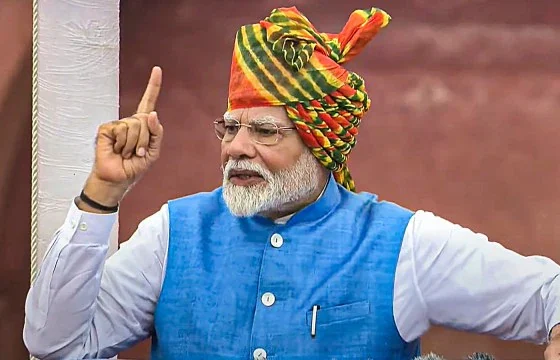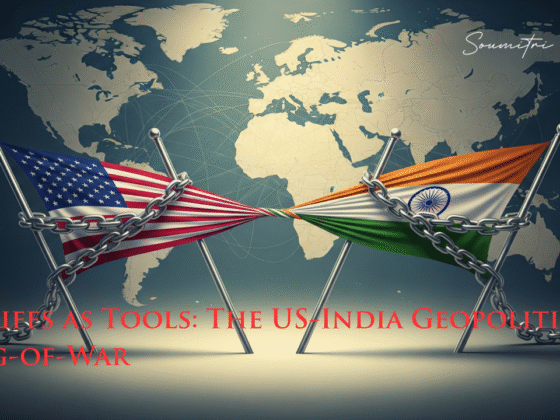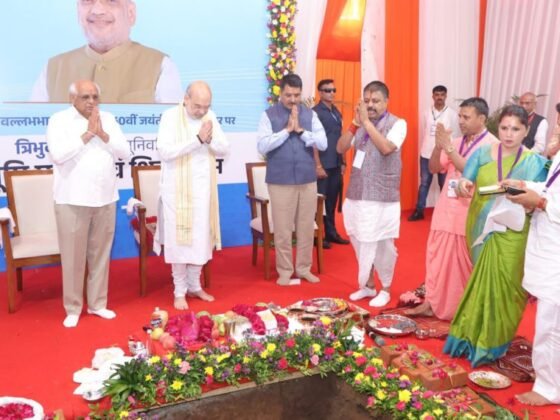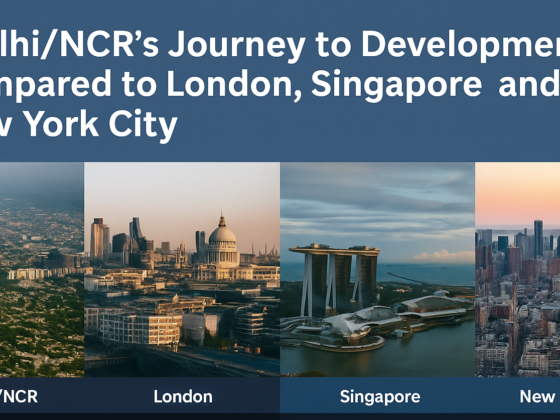In the Indian political landscape, discussions often revolve around electoral victories, parliamentary seat counts, and the consolidation of power. Among the various political entities, the Bharatiya Janata Party (BJP) and its charismatic leader, Prime Minister Narendra Modi, have emerged as central figures shaping the country’s political narrative. As recent electoral cycles have shown, the BJP’s aspiration for achieving a staggering 400 parliamentary seats is a goal that captures attention, intrigue, and speculation. But what lies behind this ambition? Why is the BJP, under the leadership of Narendra Modi, so keen on this numerical milestone? Let’s delve into the complexities of Indian politics to understand the significance of this pursuit.
1. Historical Context:
To comprehend the BJP’s pursuit of 400 parliamentary seats, it’s essential to revisit the party’s journey and Narendra Modi’s rise to power. The BJP, born out of the Rashtriya Swayamsevak Sangh (RSS), has its roots deeply embedded in Hindutva ideology. Over the years, the party has evolved from the fringes of Indian politics to becoming a dominant force in the mainstream. Narendra Modi’s emergence as a decisive leader with a clear vision for development and governance propelled the BJP to unprecedented heights in the 2014 general elections.
2. Political Dominance and Mandate:
The BJP’s landslide victory in 2014, securing 282 seats in the Lok Sabha, marked a paradigm shift in Indian politics. Narendra Modi’s promise of “achhe din” (good days) resonated with millions, leading to a decisive mandate for the BJP. This mandate was not merely about winning elections but also about ushering in transformative changes in governance, economy, and social fabric. The BJP’s subsequent victories in state elections further solidified its dominance, setting the stage for ambitious goals like achieving 400 parliamentary seats.

3. Ideological Agenda and Vision:
At the heart of the BJP’s pursuit lies its ideological agenda, deeply rooted in Hindutva, nationalism, and socio-cultural conservatism. For the BJP and Narendra Modi, securing 400 parliamentary seats isn’t just about numerical superiority; it’s about achieving a resounding endorsement of their vision for India. This vision encompasses various facets, including economic reforms, national security, cultural identity, and social cohesion. A stronger mandate, they argue, would provide the necessary impetus to implement bold policies and initiatives aimed at realizing this vision.
4. Strategic Imperatives:
Beyond ideology and vision, there are strategic imperatives that drive the BJP’s ambition for 400 parliamentary seats. A larger mandate not only bolsters the party’s legitimacy but also mitigates the challenges of coalition politics. With an overwhelming majority, the BJP can pursue its agenda with minimal obstruction, streamlining decision-making processes and policy implementation. Moreover, a strong electoral performance strengthens the party’s bargaining power vis-à-vis regional allies and opposition parties, enhancing its political maneuverability.
5. Legacy and Political Legacy:
For Narendra Modi, securing 400 parliamentary seats would cement his legacy as a transformative leader who reshaped the Indian polity. Aiming for such a milestone isn’t just about personal ambition but also about leaving an indelible mark on the annals of Indian history. By achieving this feat, Modi aims to transcend the realm of mere electoral victories and establish himself as a statesman of unparalleled stature, comparable to iconic leaders of India’s past.
6. Challenges and Realities:
While the BJP’s aspiration for 400 parliamentary seats embodies its lofty ambitions, it’s not devoid of challenges and realities. The political landscape is dynamic, characterized by shifting alliances, regional dynamics, and socioeconomic complexities. Achieving such a monumental victory requires meticulous planning, effective governance, and continuous engagement with diverse segments of society. Moreover, electoral outcomes are inherently unpredictable, influenced by a myriad of factors beyond the party’s control.
Constitutional & Operational Benefits NDA may enjoy after achieving “400 Par”
In India, the Lok Sabha is the lower house of the Parliament, and a government gaining a 3/4 majority would imply having a significant mandate. However, it’s essential to clarify that there aren’t specific “special powers” granted to a government solely based on obtaining a 3/4 majority in the Lok Sabha.
Having such a majority does confer several advantages to the ruling party or coalition:
- Legislative Agenda: With a 3/4 majority, the ruling party can more easily push through legislation as it has the numbers to pass bills without much resistance from opposition parties.
- Constitutional Amendments: One significant power that comes with a substantial majority is the ability to amend the constitution. Certain amendments require a special majority, which includes at least 2/3rd of the members present and voting, as well as a majority of the total membership of each house of Parliament.
- Stability: A government with a strong majority is generally considered more stable since it’s less dependent on the support of smaller parties to pass legislation. This stability can lead to more effective governance.
- Executive Appointments: The ruling party can more easily appoint its preferred candidates to key positions, such as ministerial posts, heads of government agencies, and other significant positions.
- Budgetary Control: Passing budgets becomes easier with a strong majority, as the government can approve spending plans without facing significant hurdles from the opposition.
- Policy Implementation: With a strong mandate, the government can implement its policies more decisively, without facing as much resistance.
However, it’s crucial to remember that democratic principles, checks and balances, and institutional norms still apply. Even with a 3/4 majority, the government is expected to govern within the framework of the constitution and respect democratic principles. Abuse of power or violation of constitutional norms can lead to backlash from the public, the judiciary, or other institutions.
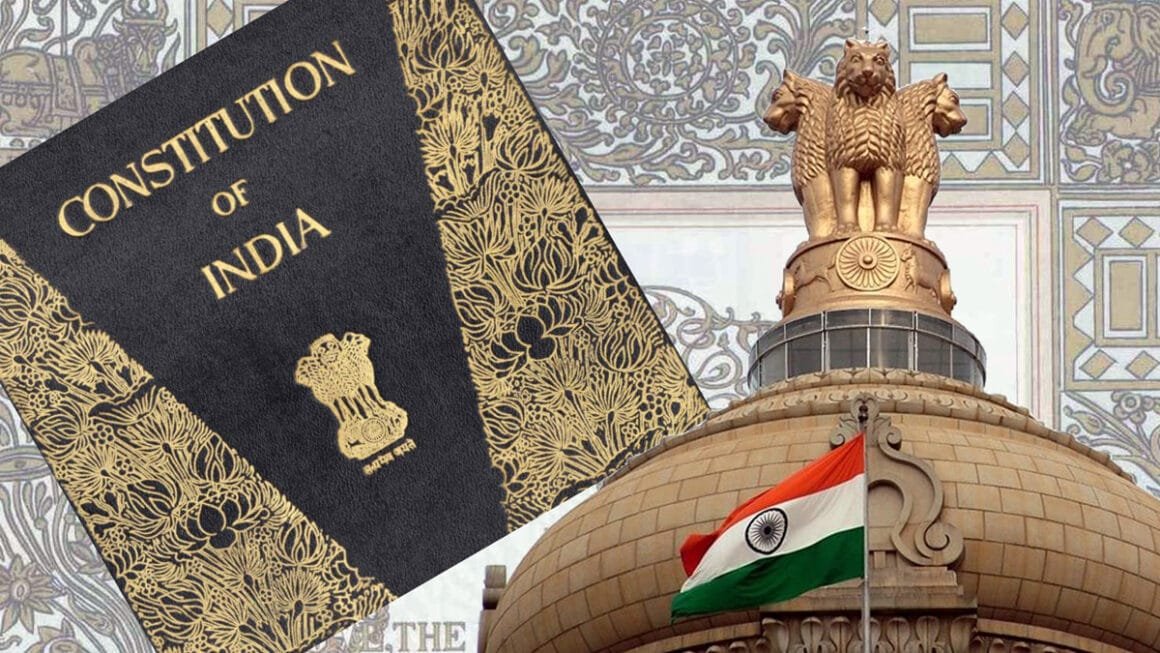
In conclusion, the BJP’s pursuit of 400 parliamentary seats under the leadership of Prime Minister Narendra Modi encapsulates a confluence of ideology, vision, strategy, and legacy. It reflects the party’s unwavering commitment to realizing its transformative agenda for India and consolidating its position as the preeminent political force in the country. However, whether this ambition translates into reality remains to be seen, as Indian politics continues to evolve amidst a landscape of opportunities and challenges.

 Add to favorites
Add to favorites


